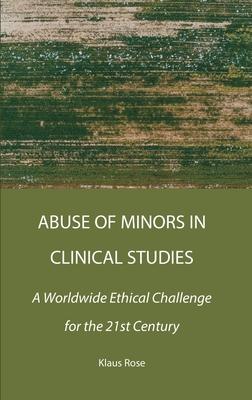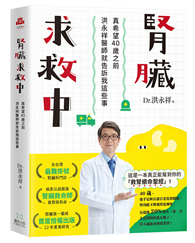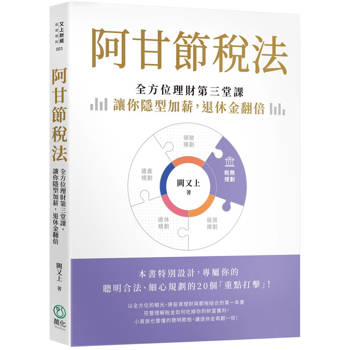With the emergence of effective drugs and observed drug toxicities in babies, two mantras emerged: that children are therapeutic orphans, and that children are not small adults. US and EU laws demand pediatric studies as a condition for the approval of new drugs in adults. This is called "Pediatric Drug Development" (PDD). Although apparently reasonable, there are catches. Children are vulnerable at birth, but they grow and become bodily mature with puberty, well before coming of age. Minors are not another species. The 18th birthday, an administrative/ legal limit, does not correspond to a physiological change. Drugs treat the body, not the legal status. PDD results in pointless studies in bodily mature adolescents, and in exaggerated studies in younger minors. An originally well-intentioned concept results in thousands of questionable studies worldwide.
This book draws attention to conflicts of interest and ethical dilemmas of PDD and questions its applicability for adolescents and minors that are no longer babies.












